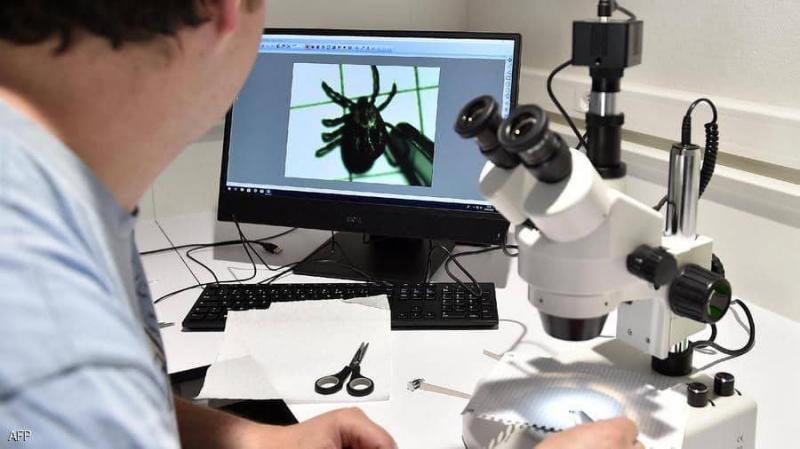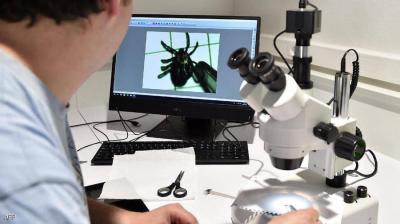Warnings have been issued in the United States regarding the outbreak of Lyme disease, which shares some symptoms with the COVID-19 disease caused by the coronavirus. Lyme disease is a bacterial infection transmitted to humans through the bite of an insect. Although Lyme disease is not transmitted from person to person, the risk of contracting it is significant, as the disease vector is widespread, unlike the bats believed to be the origin of the COVID-19 pandemic.
Approximately half a million people in the United States contract Lyme disease each year, caused by the Borrelia burgdorferi bacteria, since 2010. According to the website (sanjosespotlight), it is the most common and widespread vector-borne disease in the United States and poses a significant public health threat. For instance, the disease is present in 56 out of 58 counties in California, approximately 97% of the state’s counties.
The disease is transmitted by ticks (a type of insect with black legs). These insects attach to the bodies of humans and animals and feed on their blood, from which they transfer the infection to humans. Some believe that infection occurs when a person is in the forest, where insects and mosquitoes are abundant, but a recent study found that the disease-carrying insect is also present near beaches, just as it is in forests.
The infection causes immediate symptoms such as fever, sore throat, muscle and joint pain, and sleep disturbances, while others may experience a gradual onset of symptoms, with some cases showing symptoms a month after the bite. Early diagnosis and treatment are essential for quick recovery, as Lyme disease can affect other body parts, including the brain and nervous system, if left untreated. There are overlapping symptoms of Lyme disease with COVID-19, especially those related to long COVID, such as severe fatigue and cognitive impairment.




